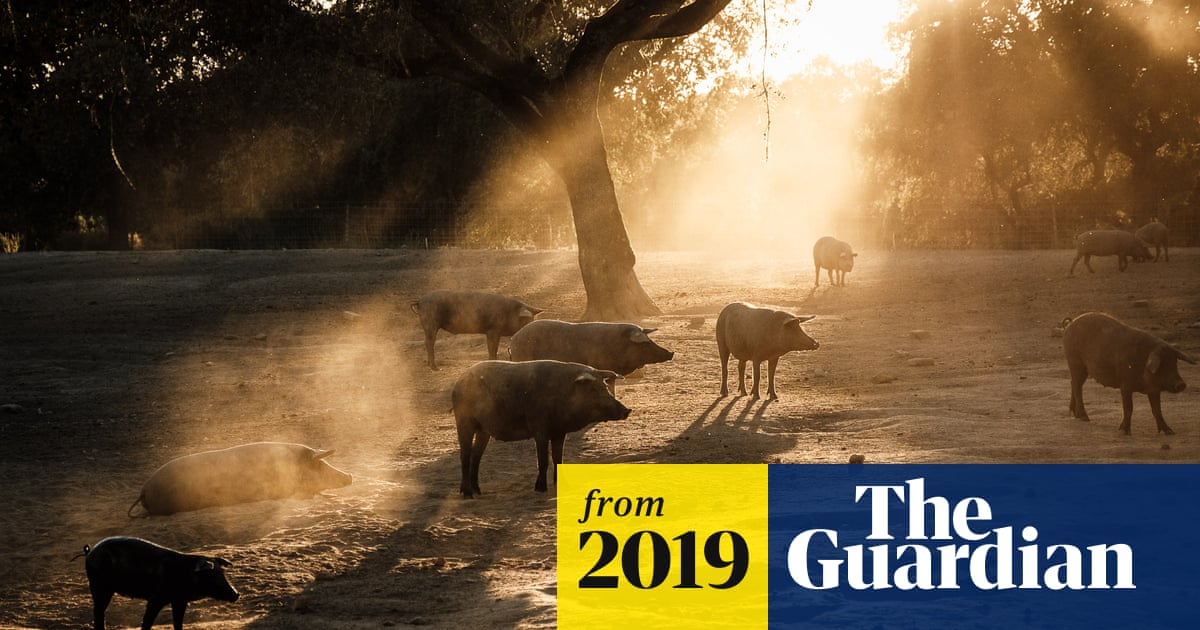A lot of new estates got built on the former flood plains of towns. There was major flood in a new build in Sallins near me about 10 years ago. People were shocked to discover that their 400k homes in a place literally named Waterways might be vulnerable to flooding.
I mean... that's another head exploding element of Ireland. This fucking desire to sprawl tiny, shit gaffs ever outwards. Zero consideration for infrastructure, zero long term plans, it's FUCK IT, FIRE UP THE MIXERS BOYS, WE'RE DOING IT LIVE.
Then we're surprised when various disastrous things happen.
Do planning. Build apartments. Spend some money ahead of time, when it's cheaper, than desperately retrofit some bullshit hacked solution.
